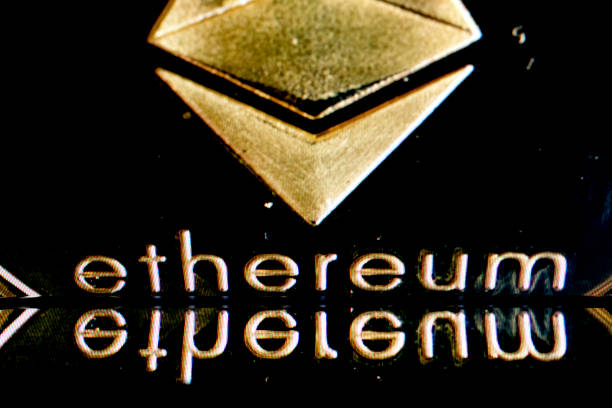The Ethereum Name Service (ENS) is planning a significant update, migrating to a layer-2 network to lower gas fees and enhance transaction speeds.
This proposed version, ENSv2, seeks to move away from the Ethereum mainnet to improve scalability and functionality.
ENS Labs, the organization behind the open-source blockchain naming protocol, officially proposed ENSv2 on May 28. The update aims to introduce new features and improve the core functionality of ENS by transitioning to a layer-2 network.
ENS Labs founder and lead developer Nick Johnson said ENSv2 brings a new registry system for managing .eth domain names. Johnson explained:
“ENSv2 will introduce a hierarchical registry system to .eth name management. Nameholders will have access to a unique name registry, where they will be able to manage subdomains and configure resolvers.”
In addition, Johnson said that name holders will be able to customize their name’s governance. This includes choosing the terms for expiration and transfer rules.
Furthermore, the proposal aims to transfer the protocol from Ethereum mainnet to a layer-2 network. This aims to improve ENS’ scalability, reduce gas fees and enhance the speed of transactions. According to ENS Labs, this approach benefits users and developers.
When asked about what the community might miss out on if the protocol does not migrate, the ENS team explained that users would not be able to enjoy lower gas and faster speed for .eth name registration renewal and management.
Related: Community split on ENS petition against Unstoppable Domains patent
The ENS team also said layer-2 fees are often 100 times cheaper than the Ethereum mainnet. ENS Labs’ head of product and strategy, Eskender Abebe, noted that overall, the changes will provide a better user experience. Abebe said:
“The release of EIP4844 has made layer-2 networks based on Ethereum vastly more affordable and scalable, which was a big driving factor for ENS’s proposal."
The executive also said that this is ENS’ attempt to keep up with the improvements in the broader Web3 space. “As Web3 continues to revolutionize, ENS does too, and we want to ensure we are delivering a product that has the best user experience possible,” Abebe added.
Apart from these, the ENS team told Cointelegraph that network congestion is the main challenge in staying on the mainnet. The team explained that this impacts user transactions.
Lastly, they believe that .eth names should be easily accessible to global users, and providing an optimal experience may be “out of reach” with the current situation on the Ethereum mainnet.
Magazine: Hong Kong streaming firm to buy $100M of crypto, Worldcoin sanctioned: Asia Express











